
The aim of this project is to develop a methodology for quantifying direct and indirect GHG emissions that is homogeneous for all healthcare and social services institutions, adapted to their context, scientifically robust and easily operational.
Our team of analysts is specialized in:
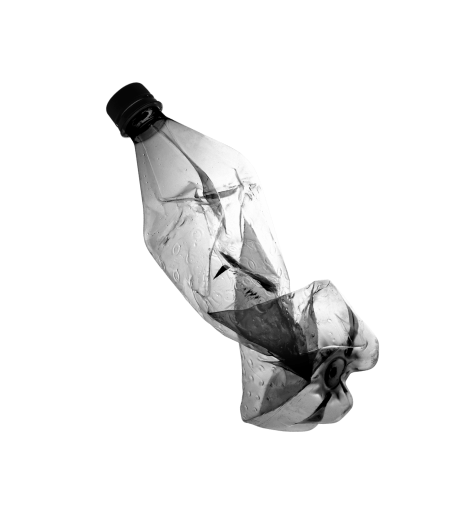
The Energy pole of excellence was created in 2018 to consolidate the energy-related knowledge gathered from CIRAIG’s recent LCA studies on electricity generation, natural gas supply chains, liquefied natural gas, natural renewable gas, biofuels, oil products supply chain, coal supply chains, solar PV, wind energy, energy storage systems (hydraulic pump, Li-ion batteries, hydrogen), hydrogen, heating systems, electric passenger vehicles, and marine transports.
The Carbon Neutrality Pole of Excellence aims to develop and structure tools, methods, and data to support organizations of all types in their development of carbon neutrality plans (net-zero) based on proven and robust scientific approaches. Because climate change is the environmental priority of the 21st century, but is linked to impact transfers, the issue of which is crucial, the cluster strives to adopt life cycle approaches – including scopes 1, 2 and 3 – but above all multi-criteria, in order to consolidate truly sustainable carbon neutral trajectories.
OUR SERVICES
Diagnosis and consulting – net-zero trajectories
Development of internal tools
Impact transfer study tool
The Circular Economy Pole of Excellence aims to use life cycle thinking to support the development of a sustainable circular economy. Using tools like Material Flow Analysis, Life Cycle Assessment or circularity indicators, this pole aims to evaluate the performance of circularity strategies.
The Sustainable Consumption pole aims to evaluate the environmental impacts related to consumption behaviours from a life cycle perspective and to identify effective solutions and winning conditions to promote more sustainable consumption. This division covers various consumption sectors such as food, transportation, housing, consumer goods, etc. It is aimed at citizens, but also at the various economic and institutional players and levels of government who wish to make a commitment to the transition to more sustainable consumption. Its main fields of action are :
The Agri-Food Pole of Excellence aims to develop skills in the analysis of complex and innovative agricultural systems. It involves systemic coverage of biomass sustainability issues, sustainable food, food system eco-efficiency assessments, the application of advanced tools and methods (SIG, traceability) for the development of data sets and methodologies, communication and dissemination, as well as the participation and involvement in committees, consultation groups, and R&D groups.
The Tools Pole of Excellence aims to create life cycle assessment (LCA) software tools specifically tailored to the needs of clients, to operationalize LCA research in computational tools and to develop a suite of open-source modules that can be assembled to create cutting-edge LCA software tools when combined.
In addition to LCA, the Tools group also uses Input-Output models. The Input-Output (IO) model is one of the core tools of Industrial Ecology alongside LCA. Both methods share common purposes and mathematical backgrounds. IO is a top-down approach while LCA is a bottom-up approach, however. As such, IO offers opportunities that LCA cannot achieve, e.g., a realistic representation of the economy. IO is therefore a much-needed tool when it comes to modeling complete systems and the associated impacts on the environment of these systems.
The Social Pole of Excellence aims to address the potential social and socioeconomic issues of products, sectors and projects using diverse methodological approaches rooted in several social science disciplines. The social responsibility of organizations requires taking into account the social and economic spheres that are organized within the biosphere. Our systemic vision allows us to base strategic decisions on comprehensive sustainability analyses. We can deal with social and socio-economic issues in a multiscalar manner, using methods oriented towards the value chain or in a territorialized manner.
The pole is also developing a fine technical expertise in the analysis of potential social impacts and is participating in the development of standards and best practices in social life cycle analysis.
The Sustainable Infrastructure Pole of Excellence aims to implement life cycle thinking for the design of sustainable infrastructure such as carbon-neutral buildings, bridges, roads and other civil and architectural projects. The life cycle perspective is a key element in environmental certifications for buildings (such as LEED or Zero Carbon Building Standard) or Environmental Product Declarations.


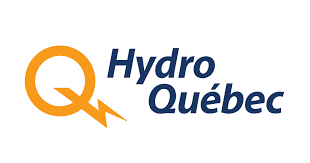
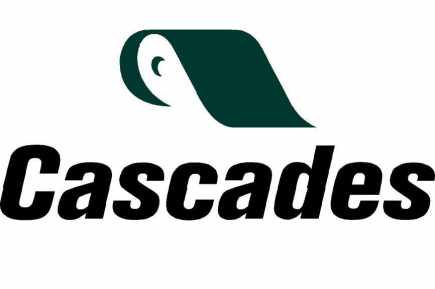


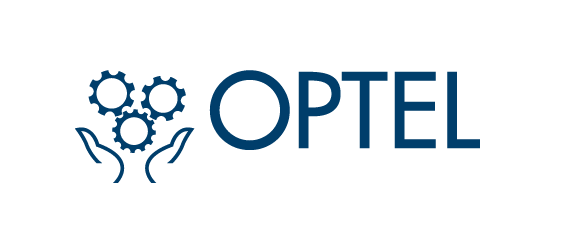


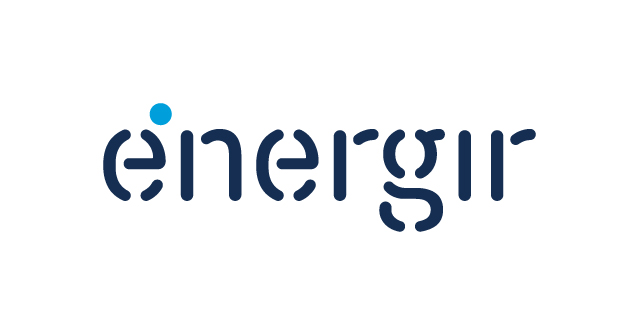
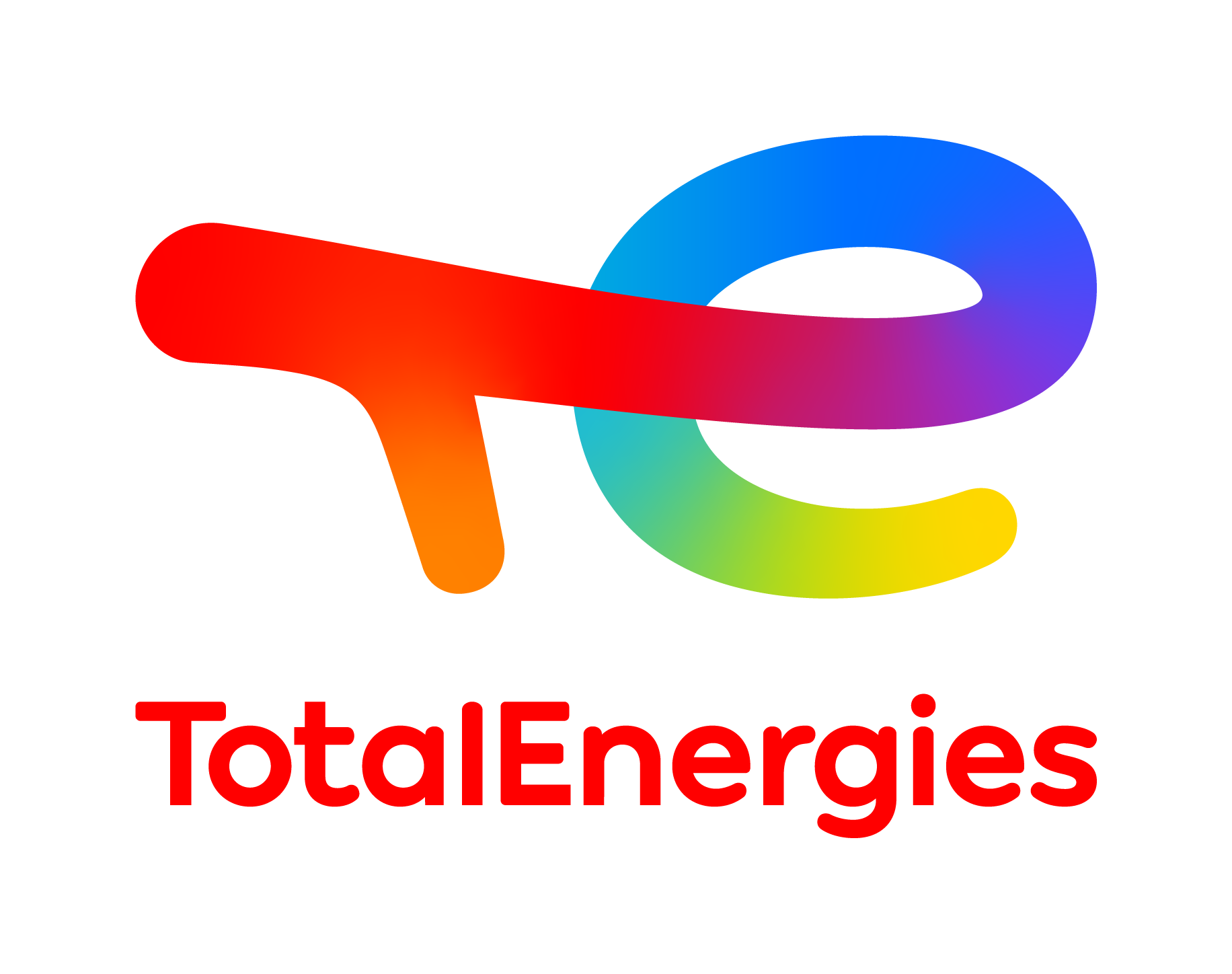
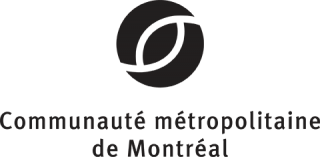
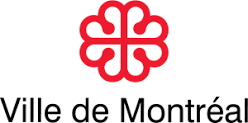
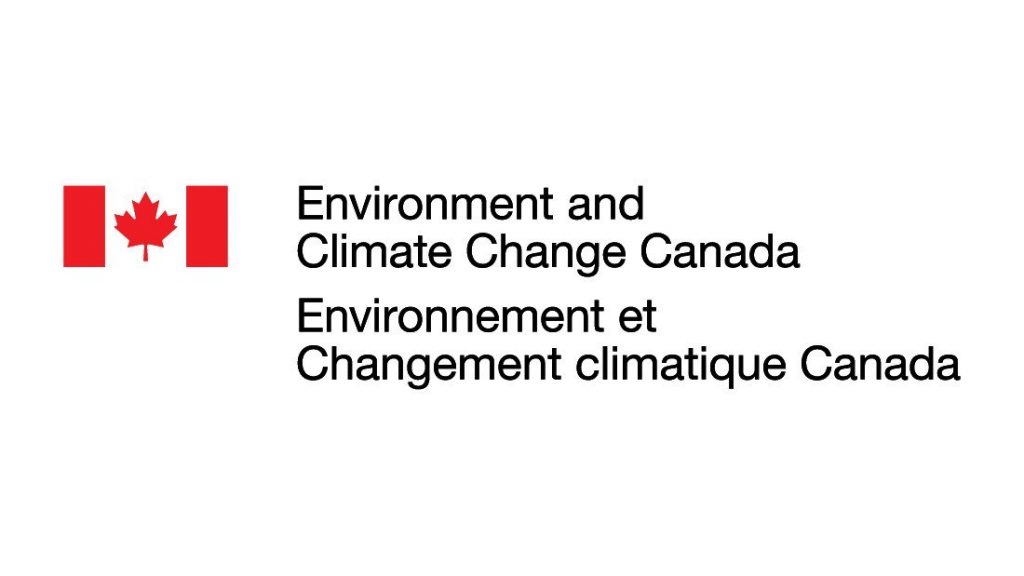

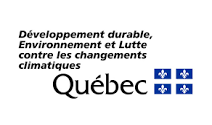

The aim of this project is to develop a methodology for quantifying direct and indirect GHG emissions that is homogeneous for all healthcare and social services institutions, adapted to their context, scientifically robust and easily operational.

Regioinvent is a Python module that connects ecoinvent to an international trade database (BACI) to ultimately achieve a complete regionalization of the ecoinvent database.

IMPACT World+ is a globally regionalized method for life cycle impact assessment (LCIA).
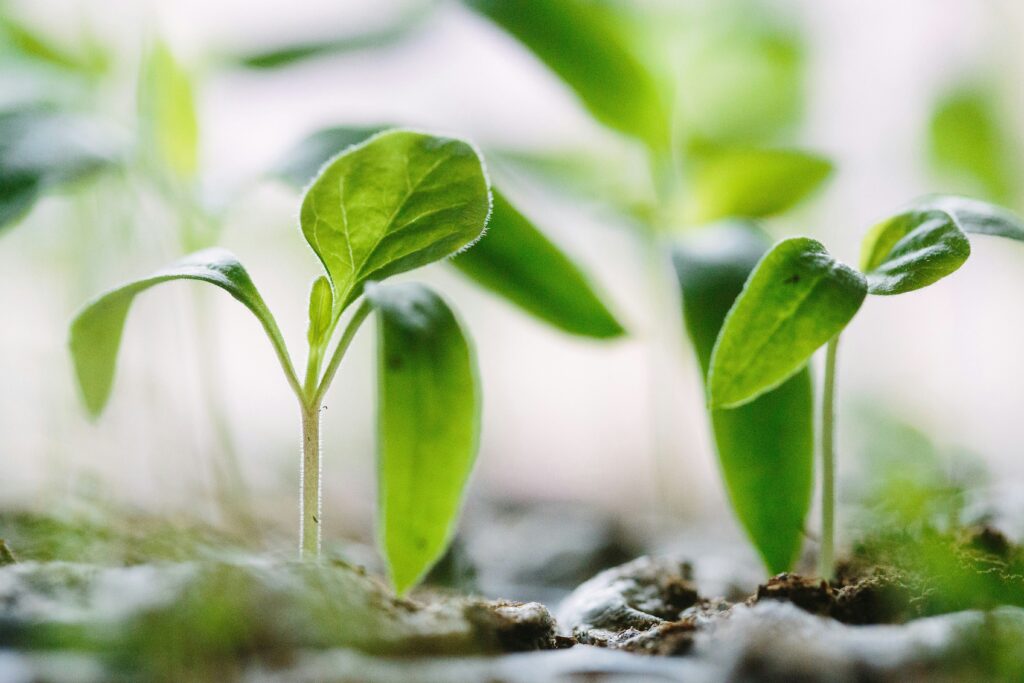
In Life Cycle Assessment (LCA), the accounting of biogenic carbon is little harmonized. Different, even contradictory, approaches are identified in current standards for different sectors of the economy (biofuel, bio-based plastics, construction, etc.). The general objectives of this study are to identify the issues at stake in these approaches, in order to issue recommendations for several actors.

Open source Input-Output LCA model and tool to estimate life cycle impacts of products and services

Biomass energy, or bioenergy, is energy produced from renewable biomass, for which the assessment of environmental impacts through life cycle assessment (LCA) presents a number of challenges, in particular methodological ones. The general objectives of this study are to analyze current practices for carrying out LCAs of biomass energy, and to provide recommendations on current and future best practices.